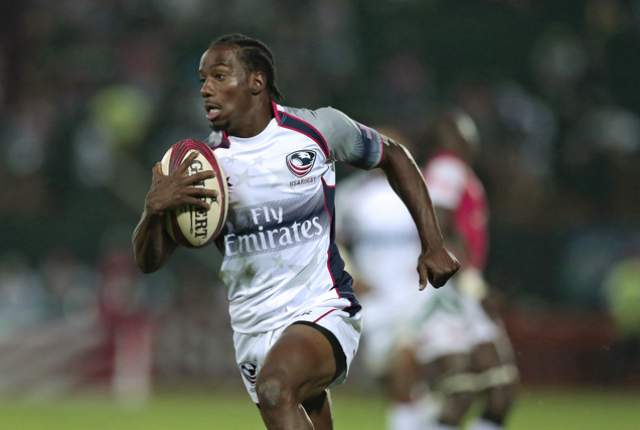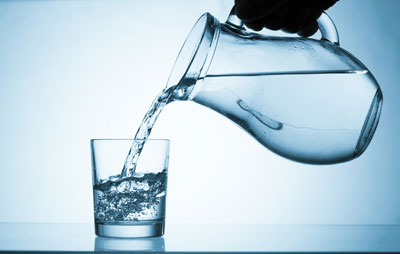
Nutrition for Recovery Days
What is your nutrition focus on non-training and recovery days?
Some Rugby players choose to have their cheat meals on rest days. Whereas some like keep carbs to a minimum on off training days.
Whereas some like keep carbs to a minimum on off training days.
Others reduce their calorie intake completely. When planning your diet on non-workout days, firstly you must consider your goals. Are you currently looking to shed some weight? Or are you looking to add some lean muscle mass? Or simply to recover and maintain? Remember a bulking diet plan is completely different from a fat loss or recovery one.
As you are likely to be less active than you would be on training days, your overall energy requirements are reduced by anywhere from 300 to 800 kcal depending on your body composition goals and normal training load/ intensity. Several studies show that in the absence of intense training, the quantity of carbohydrate needed is less – the exception being unless you are preparing for a match or event on the following day.
In contrast to this should not be seen as a “day-off” from good nutritional habits so the usual Diet of healthy fats, and protein- and fiber-rich foods and high-quality supplementation should be maintained. Main meals should all contain fiber-rich vegetables and a quality protein source like meat, fish, eggs, or whey and dairy.
Less carb, more protein
In General, due to your reduced activity Carbohydrates (CHO) intake should be lower. This may mean that only one meal (e.g. breakfast or lunch) needs to be carbohydrate-based ideally the meal around the most energy need for the day. This reduction on these days in activity gives you the flexibility to use a protein-rich breakfast, which can reduce hunger and promote recovery for the rest of the morning.
Making a strong case for your intake of protein-rich meals and snacks to be high on these days ensuring to support ongoing muscle tissue growth and repair in the 24 hours following a heavy training day. With that being said even though protein synthesis peaks within the first 24 hours post-workout, it has been noted that it can stay high for up to 72 hours. Making it important to eat plenty of meat, fish, eggs, veggies, and whey protein during this time to take full advantage of this.
Other nutrients low intensity/ non-training days
The is lots of current research showing the benefits of Higher intakes of polyunsaturated fats (e.g. Omega-3) can help to reduce inflammation and speed up the recovery process amongst a whole host of positive benefits. Increased vegetable intake with each meal (especially those high in antioxidants) and /or greens supplement. Boost your intake of these to help to reduce the free radical damage from training. It can subsequently reduce muscle soreness.

Hydration
Staying Properly Hydrated is vital to health, energy, recovery, and performance. Most of us tend to be very aware of our hydration levels during training sessions and competitions. Keeping that awareness recovery times can make just as large an impact. Water helps all of our functions. A few examples are increased efficiency of nutrient uptake, lower levels of stress on the heart, improved skin tone, and better hair quality to name but a few and good old (H20). Water is the best way to hydrate.
I hope this gives you a better idea of how to eat on your days you are not training. Good luck with goals.
Ryan Gibney BSc(Hons) PN1, CSCS.



